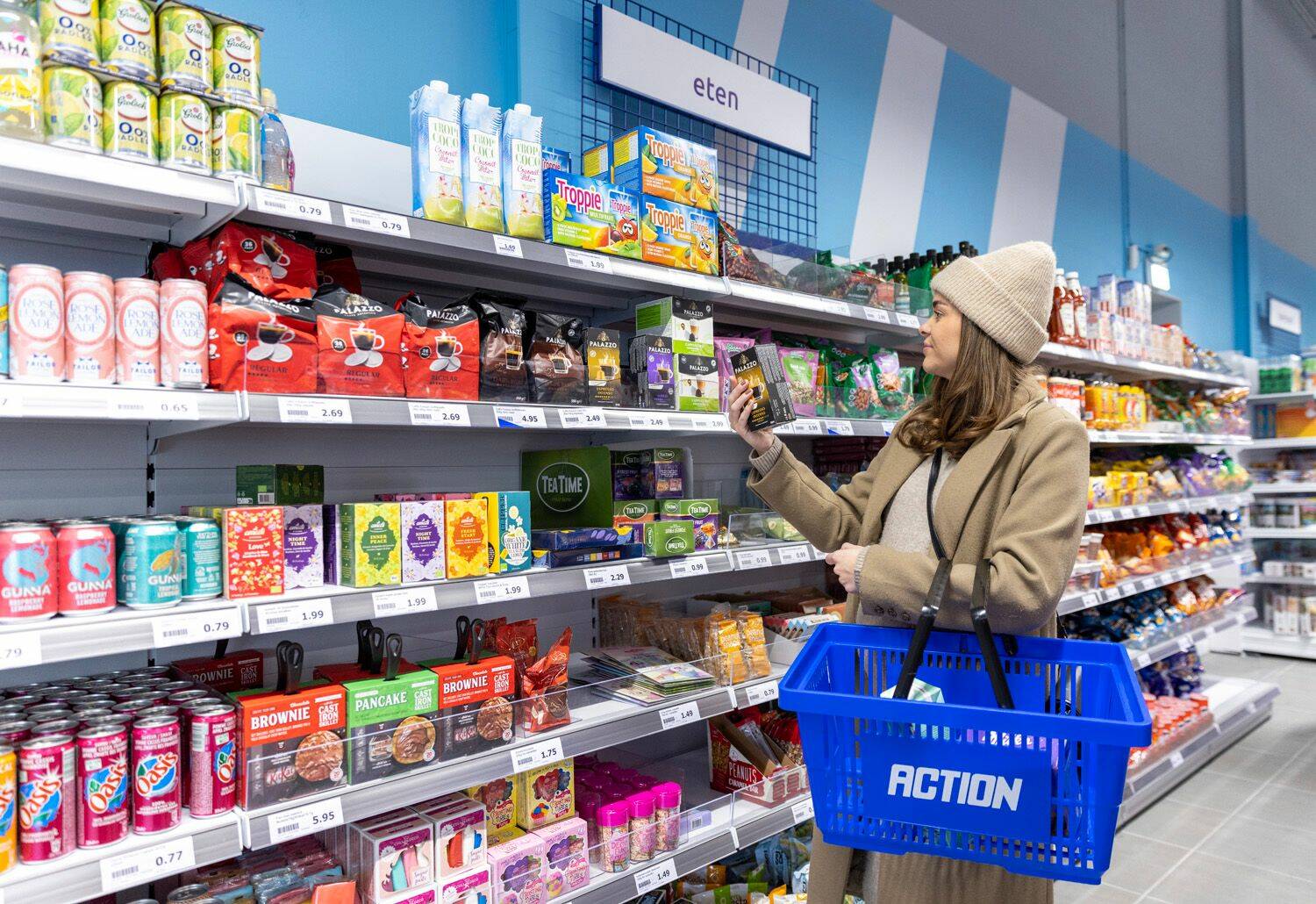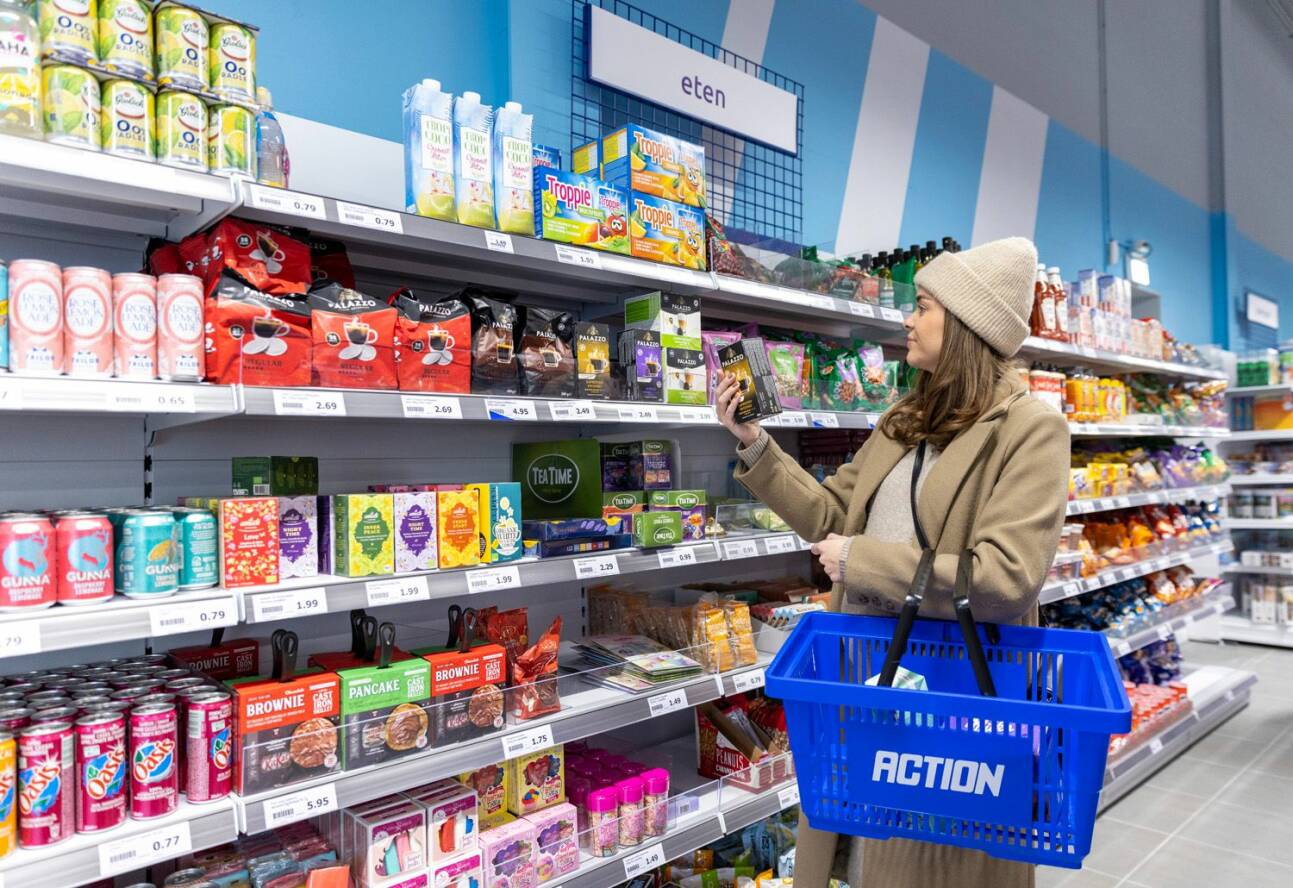Ethics & Governance

In 2023, we held a series of initial meetings with NGOs. We are planning to use these as the start of a more structured dialogue with some of our most important stakeholders. This dialogue will help understand expectations on issues such as child labour and human rights, particularly in our supply chain.
How we define our stakeholders
We define stakeholders as: individuals or groups who affect our operations, strategy or performance, or who – in turn – are affected by the decisions we make. Using this 360° definition, we have identified five main stakeholder groups: our customers, employees, shareholders, planet and communities, and suppliers.
We engage stakeholders every day through the normal course of business, both formally and informally. That allows our country teams to focus on issues that are important locally. We also work with outside organisations on more specific topics – with Better Cotton, for example.


Employees
Action employees in our stores, distribution centres and offices, full-time, part-time, and subcontractors
How we engage
Works councils, trade unions and other employee representative bodies
Training, development and health and safety programmes
Regular Voice of Action engagement survey
Team and other town-hall meetings
Action alertline
Main issues
Workload and stress, pay and benefits, health and safety
Strategic pillar


Shareholders
Our shareholders and creditors
How we engage
Annual 3i Capital Markets Seminar
Annual reporting and media releases
Face-to-face meetings and industry conferences
Main issues
Financial performance and growth, dividends, digitalisation and ASP execution
Strategic pillar


Suppliers
Wholesalers, factories and workers in our supply chain, as well as suppliers of goods and services to our business
How we engage
Assessments, social audits and factory spot checks
Regular contact through centralised buying team/Li & Fung Vendor Ownership Programme
Certification process with FSC, Better Cotton Programme, Fairtrade etc.
Speak for Change
Main issues
Due diligence process and regulation*, ethical and responsible sourcing, maintaining minimum social and environmental standards
Strategic pillar

Customers
Customers visiting our stores and action.com
How we engage
Regular GfK surveys, market studies, reviews
Price-level comparisons
Main issues
Product pricing and quality, product assortment, store environment and accessibility
Strategic pillar


Planet and community
Municipal and national governments, NGOs and local community organisations
How we engage
Outreach meetings
Regular meetings with municipal and national government officials, tax authorities etc.
Cooperation with outside organisations (such as Better Cotton, Centre for Child Rights and Business etc.)
Main issues
Action business model, ethics, upholding human/labour rights, supply chain, environmental impact
Strategic pillar
*Including German Supply Chain Due Diligence Act, and EU regulation – Corporate Sustainability Reporting Directive (CSRD) and upcoming Corporate Sustainability Due Diligence Directive (CSDDD).
The following shows our main stakeholder groups, how we engage with them, and the main topics of discussion over the past year:

How we define our stakeholders
We define stakeholders as: individuals or groups who affect our operations, strategy or performance, or who – in turn – are affected by the decisions we make. Using this 360° definition, we have identified five main stakeholder groups: our customers, employees, shareholders, planet and communities, and suppliers.
In 2023, we held a series of initial meetings with NGOs. We are planning to use these as the start of a more structured dialogue with some of our most important stakeholders. This dialogue will help understand expectations on issues such as child labour and human rights, particularly in our supply chain.
We engage stakeholders every day through the normal course of business, both formally and informally. That allows our country teams to focus on issues that are important locally. We also work with outside organisations on more specific topics – with Better Cotton, for example.

*Including German Supply Chain Due Diligence Act, and EU regulation – Corporate Sustainability Reporting Directive (CSRD) and upcoming Corporate Sustainability Due Diligence Directive (CSDDD).


Planet and community
Municipal and national governments, NGOs and local community organisations
How we engage
Outreach meetings
Regular meetings with municipal and national government officials, tax authorities etc.
Cooperation with outside organisations (such as Better Cotton, Centre for Child Rights and Business etc.)
Main issues
Action business model, ethics, upholding human/labour rights, supply chain, environmental impact
Strategic pillar


Suppliers
Wholesalers, factories and workers in our supply chain, as well as suppliers of goods and services to our business
How we engage
Assessments, social audits and factory spot checks
Regular contact through centralised buying team/Li & Fung Vendor Ownership Programme
Certification process with FSC, Better Cotton Programme, Fairtrade etc.
Speak for Change
Main issues
Due diligence process and regulation*, ethical and responsible sourcing, maintaining minimum social and environmental standards
Strategic pillar


Shareholders
Our shareholders and creditors
How we engage
Annual 3i Capital Markets Seminar
Annual reporting and media releases
Face-to-face meetings and industry conferences
Main issues
Financial performance and growth, dividends, digitalisation and ASP execution
Strategic pillar

Employees
Action employees in our stores, distribution centres and offices, full-time, part-time, and subcontractors
How we engage
Works councils, trade unions and other employee representative bodies
Training, development and health and safety programmes
Regular Voice of Action engagement survey
Team and other town-hall meetings
Action alertline
Main issues
Workload and stress, pay and benefits, health and safety
Strategic pillar

Customers
Customers visiting our stores and action.com
How we engage
Regular GfK surveys, market studies, reviews
Price-level comparisons
Main issues
Product pricing and quality, product assortment, store environment and accessibility
Strategic pillar
The following shows our main stakeholder groups, how we engage with them, and the main topics of discussion over the past year: